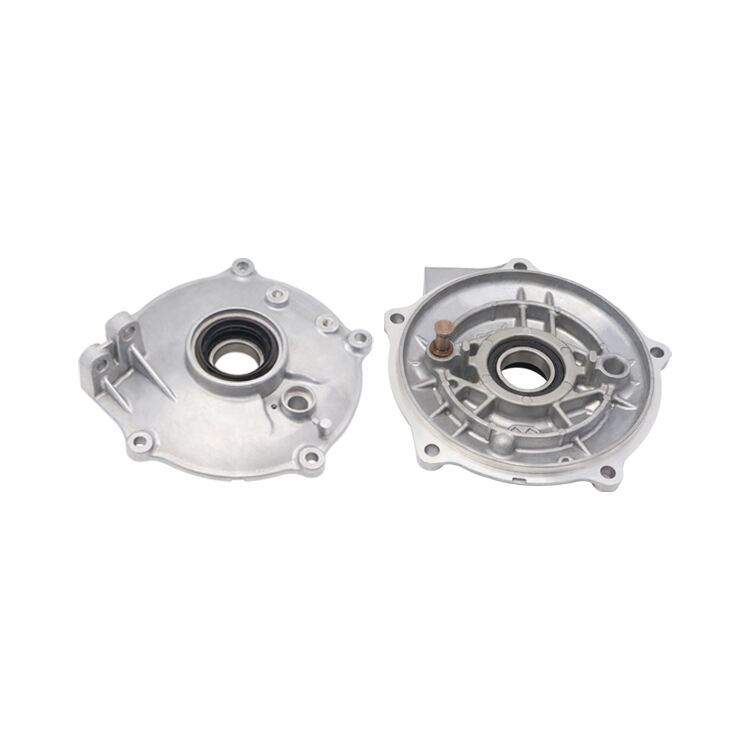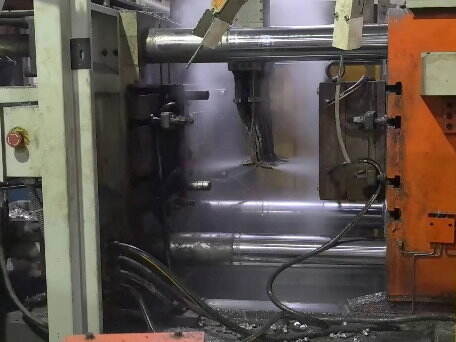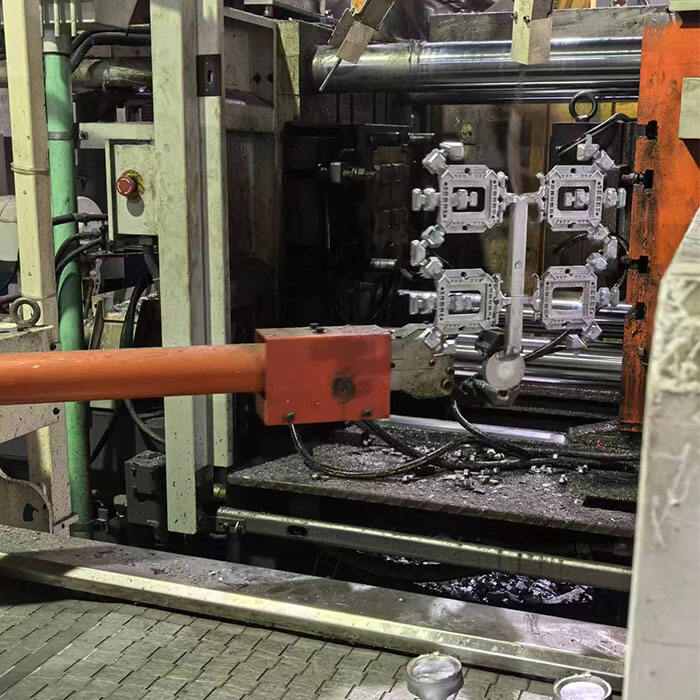magnesium casting
Technical words hidden in magnesium casting is the process of combining sophisticated materials, forming a precise value from many parts. The material is defined by its three main functions: high structural integrity, good strength-to-weight ratio, and a high corrosion resistance, working out why up to now we've been hiring it to do all that work instead of simply throwing away the old technology. Technological features of magnesium casting include precision molds, controlled solidification processes, and specialized finishing operations that guarantee the parts come out or high quality every time. In terms of its applications, magnesium casting is widely used in aerospace manufacturing, automotive production and the electronics industry. And to a certain extent medical industries where lightweight but robust materials are paramount.


